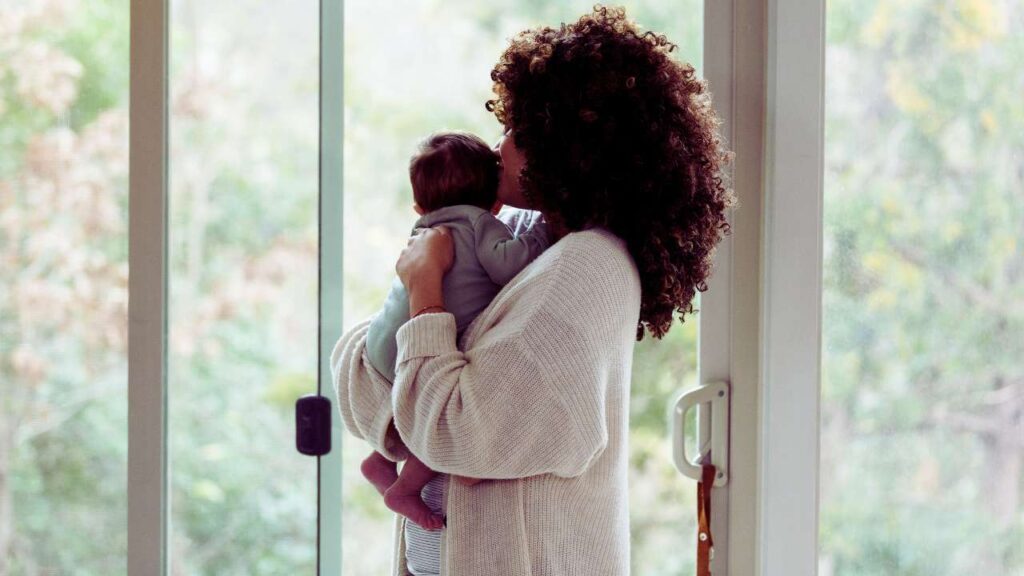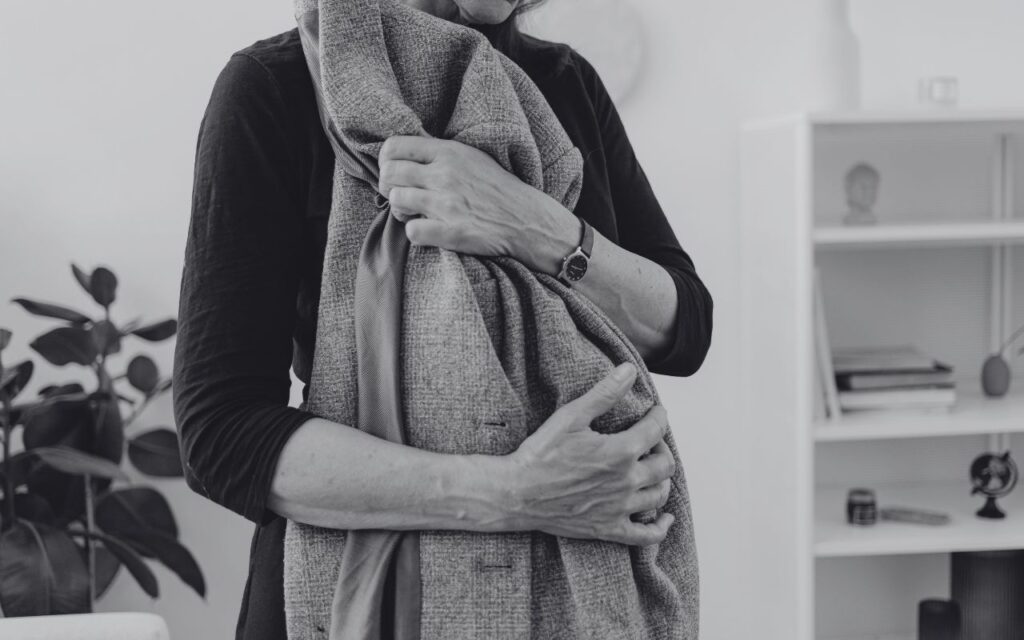
The first few months with a newborn are incredibly precious. It’s a time when parents bond with their babies and develop a routine that will set them up for success in the future.
However, a recent UNICEF Canada study shows that nearly one-third of mothers in the country are not guaranteed that experience.
According to the report, around 30 per cent of women are ineligible for parental leave benefits because of the nature of their job or lack of employment. For Indigenous women, that rate climbs to 40 per cent.
In fact, across the board, UNICEF Canada found that “close to one in three infants are deprived of protected and paid time with their parents or primary caregiver during the early stages of their life.”
On the other hand, parents of children under six who have a university degree and are employed, who are married or in a common-law relationship, and who do not identify as a visible minority are significantly more likely to be eligible for paid parental leave.
The reality is parents can only take parental leave if they can access it — as well as afford it — making it easier for higher earners and putting those in lower income classes or already marginalized groups at a further disadvantage.
This is, of course, particularly true for mothers.
When we talk about parental leave, it goes without saying that women are disproportionately affected by these parental leave disparities because women are traditionally the ones to take time away from work to care for children.
And, with many women still bringing in lower salaries compared to their male partners, the effect of reduced income is felt even deeper for women.
In Canada, federal parental leave covers about half of weekly earnings for up to one year (this drops to one-third of weekly pay if that leave is extended to 18 months).
However, depending on a parent’s employment status or type of work, those benefits are often only achievable for higher earners and are less likely to go to younger, Indigenous, or racialized parents and children.
Taking into account the high costs associated with newborns and the heightened risk of poverty during those early stages, it becomes clear how this cycle of inequality continues.
“It’s time to rethink parental leave in Canada. This needs to be considered more than a parental or worker benefit and rather a child’s right,” said Sevaun Palvetzian, President and CEO of UNICEF Canada. “Every infant in this country should have the opportunity for the best possible start in life, which includes having time with parents with an adequate income during the most critical stage in their development.”
Identifying the problem — and finding a solution
Compared to our international counterparts, Canada’s parental leave system is lacking.
Twenty-nine other countries have more impactful benefit systems than Canada, with both the International Labour Organization Maternity Protection Convention and the European Commission setting two-thirds of income as the minimum payout for parental leave.
Perhaps part of the issue in Canada is that much of this parental leave inequity flies under the radar.
When asked about paid parental leave, 77 per cent of survey respondents believed that all parents of newborns in Canada received paid parental leave, full stop.
However, as we can now see, that is clearly not the case.
These sobering stats have prompted UNICEF Canada to call for action.
They are advocating for:
- At least six months of adequately paid, protected time with a parent or caregiver for every newborn and adopted child in Canada, regardless of the employment, parental, or citizenship status of their caregiver.
- An increase in parental leave pay to meet international standards.
Underlining the call for better parental leave across the country is the undeniable positive effect of having parents spend quality time with their kids and the physical, economic, and social benefits that can come from it.
“If we don’t invest in the first one thousand days of a child’s life, they are at risk of falling behind long before stepping foot into school,” added Palvetzian. “It is critical that every parent and caregiver receives the support necessary to provide their children the foundational building blocks in their early years to reach their full potential.”








